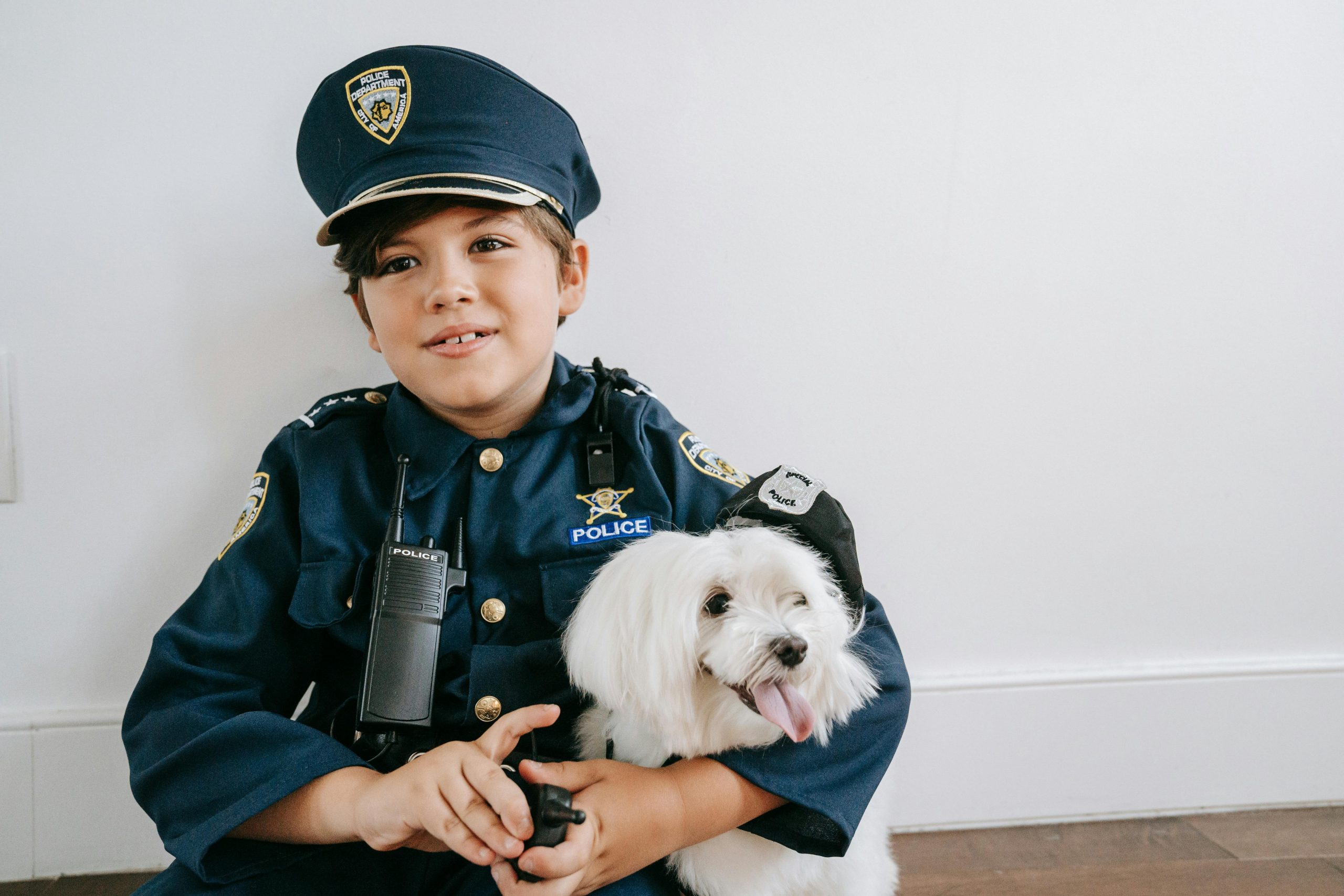Creating a Collaborative Digital Pet: Developing a Community-Driven Clicker Game with React and Go
In the era of interactive web experiences, simple yet engaging games that foster community participation hold a special charm. Recently, I embarked on building a miniature browser-based game that invites users from around the world to collaboratively “pet” a pixel, nurturing its digital essence and watching it evolve through various emotional states. This project combines modern web technologies to deliver a seamless, serverless-like experience centered on collective interaction.
Concept Overview
The core idea is straightforward: a single pixel on the screen serves as a virtual pet, whose mood and state depend on the number of clicks it receives from visitors worldwide. As more users contribute, the pixel’s expression transitions—from an absence of life to joy, transcendence, and beyond—creating a captivating visual narrative driven entirely by community input. The game intentionally remains simple, with no user accounts or monetization, emphasizing shared participation and spontaneity.
Technology Stack
-
Frontend: Implemented with React, utilizing Vite for a lightweight and efficient build process. To keep things streamlined, I avoided complex state management libraries, opting instead for React’s native capabilities to handle user interactions and display updates.
-
Backend: Built with Go, leveraging the Chi router for lightweight HTTP handling. The server maintains the game’s state using Dragonfly, a Redis-compatible in-memory data store that offers fast, reliable storage without the complexity of traditional databases. Basic rate-limiting is incorporated to prevent abuse and ensure fair participation.
-
Deployment Infrastructure: Hosted on a custom Virtual Private Server (VPS), with Caddy serving as the reverse proxy to route requests securely to the backend. This setup provides a stable and scalable environment suitable for real-time updates and user interactions.
Design Considerations
One of the guiding principles of this project was to keep it minimalist and accessible. No registration process means anyone can jump in and contribute instantly, fostering a spontaneous and inclusive social experience. The absence of monetization further underscores the project’s playful and community-oriented nature.
Call to Action
I’m excited about the potential of this tiny project and would love to gather feedback from the community. You can try the game here: https://ptp.051205.xyz/. If it captures enough interest, I plan to release the source code publicly to encourage further development and experimentation.
Conclusion
This project exemplifies how simple, community-focused web applications can be

